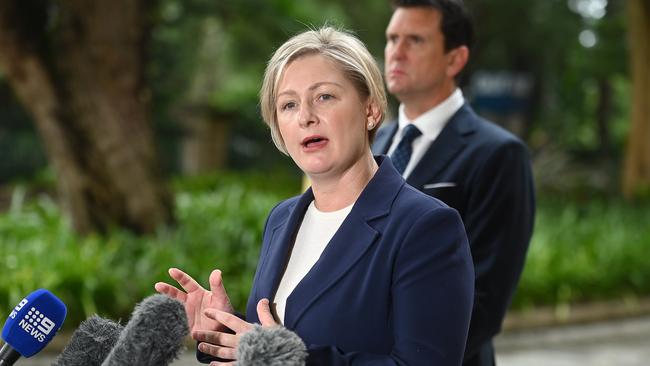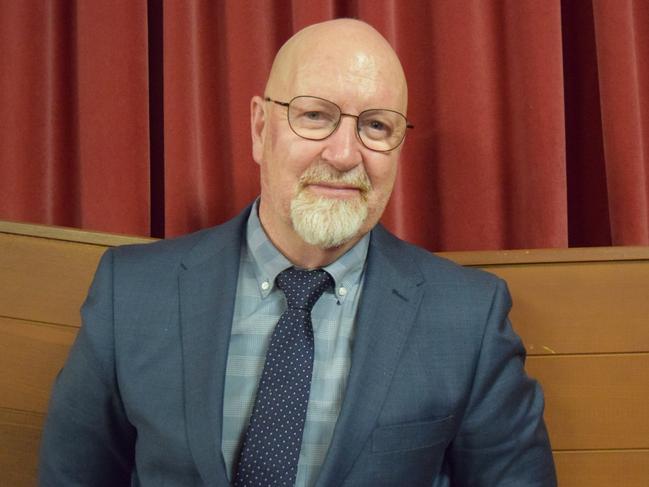DV Qld: DVO breaches now outnumber drug offences
A new high in Queensland’s breaches of domestic violence prevention orders comes as experts are divided on the best approach to tackle the crisis.

Police & Courts
Don't miss out on the headlines from Police & Courts. Followed categories will be added to My News.
The number of breaches of domestic violence prevention orders has exceeded the number of drug offences for the first time in 10 years.
Experts say the increase could more woman coming forward, while advocates say the new domestic violence reform laws being introduced have been rushed.
The data from the Crime Report released by the Queensland Government’s Statistician’s Office shows the overall number of DV breaches in the past financial year was 65,358 compared to 64,542 drug offences including trafficking, possessing, producing and selling/supplying.
Breaches of DVO has become the predominant offence type in the other offences category in 2023-24 comprising 27.6 per cent compared to 27.3 per cent for drug offences.
The offences in the other categories included weapons act offences which were up 10.5 per cent from the year before and trespassing which increased 9.5 per cent.
Brian Sullivan, who specialises in training and education in domestic violence intervention and founded the organisation Sicura, said the new data was extremely concerning because it has risen year on year.
“One of the reasons why men offend... is because up until now, they’ve gotten away with it,” he said.

Dr Sullivan said there could be a number of reasons for the increase.
“Women are feeling more confident and more supported by police, and therefore they’re coming forward in greater numbers than they might have before,” he said.
“The other interpretation is that, is it actually an increase in domestic and family violence orders.”
Queensland Council of Social Service CEO Aimee McVeigh welcomed the DV reform laws from the government, but felt they were rushed.
“We are concerned that laws are being pushed through without appropriate consultation. We do need to hear more from victim-survivors about the impact of these laws,” she said.
Ms McVeigh said she didn’t support the introduction of the special 12-month police protection direction, which would save police hundreds of thousands of hours by cutting through the current process.
”We don’t support the introduction of measures which will create efficiencies for police but will not improve the safety and wellbeing of women and children. These PPDs are about saving police time and paperwork,” she said.
“They’re not about improving the safety and wellbeing of women and children. They don’t increase protections for victim survivors because all of the protections that are proposed under this reform already exist.”
Minister for the Prevention of Domestic and Family Violence Amanda Camm said the government made a commitment for a fresh start to Queensland.
“We took to the election a commitment at putting victims first, and we also took to the election a large suite of reforms in domestic and family violence to hold perpetrators account,” she said.
“And the Crisafulli government will have a zero tolerance to domestic and family violence.”
Ms Camm said they held a number of roundtables within the police service and vulnerable persons unit around the legislation.
She said they convened a meeting with more than 765 attendees with representatives of organisations such as Women’s Legal Service walking them through the legislation and what the safeguards in place would be.
A QPS spokesman said DFV remained an important issue in QLD.
“The QPS takes all domestic and family violence reports seriously and under the Domestic and Family Violence Protection Act, the QPS must investigate all DFV reported to police,” he said.
“The QPS is committed to supporting victim-survivors and holding offenders accountable while working closely with government agencies, NGOs, and community groups to build safer communities.”





